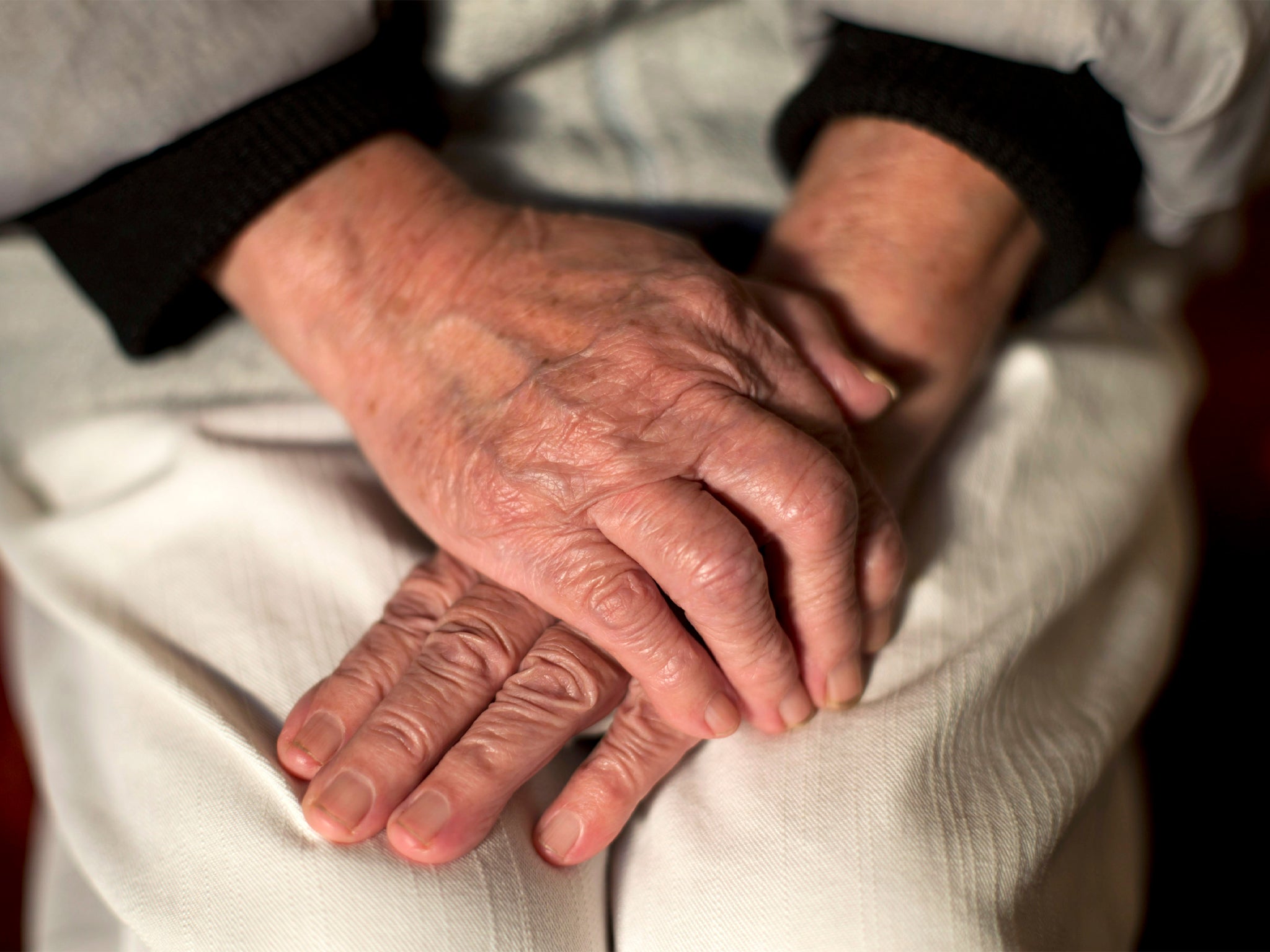Third of carers have reduced work hours to look after relatives alone
27 per cent of carers have struggled with reduced access to medical professionals during lockdown

Carers have revealed what it's really like to look after relatives with dementia, including sacrificing their career and holidays away – and doing it all alone.
And worryingly, the burden has only increased in the wake of the pandemic.
A third have spent more time caring for relatives than before and 27 per cent have struggled with reduced access to medical professionals
Despite the pressures, 22 per cent also said the pandemic has given them the chance to better understand their relative's condition, according to findings from a new study.
Commissioned by Bupa Care Homes to mark World Alzheimer’s Awareness Month, the study of 375 carers of relatives with dementia found 83 per cent would welcome more support.
Alzheimer's studies show there are around 850,000 people with dementia in the UK – with this figure expected to almost double by 2040.
Fran Vandelli, dementia lead for Bupa Care Homes, said: "Dementia can be challenging, both for individuals and their loved ones.
"But a diagnosis doesn’t mean that someone can’t still live well.
They added: "Carers do a brilliant job but it’s vital that they can access support, so they never feel like they’re on their own.
"Likewise, it’s important that other people understand the condition and how they can help."
A fifth of those surveyed said they had to give up work permanently to focus on care, while a further 31 per cent had reduced their working hours.
The study found the physical toll also adds up – 37 per cent getting two weeks or less off each year from caring for their relatives.
A third care for the person alone – typically spending four days a week looking after them.
Ms Vandelli added: "As a dementia carer, it’s important that you make time to look after yourself as well as your loved one.
"There’s no shame in reaching out for help and it’s beneficial for all involved.
"Everyone’s journey through dementia is different but, having worked closely with carers, I know that many struggle to find the information they need – especially early on.
"Thankfully, there’s support available at all stages: whether that’s information on understanding the condition, or respite or full-time care as the condition progresses."
It also emerged the average respondent suspected their relative had been living with dementia for three years before it was diagnosed, with 40 per cent relieved to finally have confirmation.
Some of the most common symptoms of dementia include memory loss, confusion and problems with speech and understanding.
However, lesser known signs can also include unexpected mood swings, changes in someone’s sense of taste and smell, and difficulty with spatial awareness.
While the study highlights some of the challenges associated with dementia care, there are also plenty of positive messages for carers.
More than a third found the situation easier once they understood what was now happening.
The Bupa Care Homes study also found 77 per cent believe loved ones with dementia can still lead a fulfilling life with the right support.
Furthermore, more than eight in 10 of respondents said caring for a relative with the condition has helped them to understand what’s really important in life.
Ms Vandelli said: "It’s important that people understand this, to reduce the fear and stigma associated with the condition.
"It’s one of the fundamentals of dementia care: regardless of their diagnosis, people with dementia will always be the same people we know and love.
She added: "Remembering this helps us provide the care that’s right for them."
Join our commenting forum
Join thought-provoking conversations, follow other Independent readers and see their replies
Comments
Bookmark popover
Removed from bookmarks